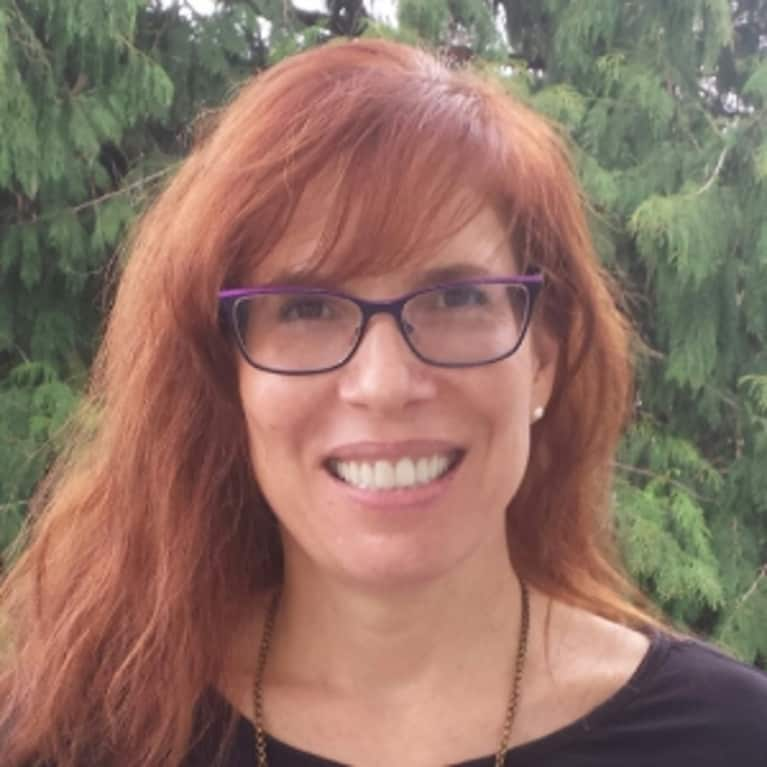A Neurologist Explains Why Natural Medicine Isn't Always Enough ( courtecy ;Ilene Ruhoy, M.D., Ph.D. )-
INTEGRATIVE HEALTH
Don’t get me wrong, I strongly believe in the power of the body to heal itself. And as an integrative neurologist, I fiercely advocate for the use of whole foods, herbs, and certain supplements to help harness those natural powers we all possess. I see the efficacy of acupuncture, meditation, and exercise each and every day, and boy do I know how many ailments can be fixed by a good night's sleep. But I also believe that all these approaches may not be enough to help us feel well every time.
Sadly, sometimes our bodies betray us. Things go wrong, and sometimes we know why, but sometimes we don't. Cancer, autoimmune disease, neurodegenerative disease, and many other things happen, and yes, we can absolutely significantly lower our risks of these dreaded diagnoses with appropriate lifestyle choice, but despite our best efforts and positive intentions, we can't avoid them entirely.
A truly integrative approach.
This is important because I see so many patients who try to eat, supplement, or meditate their way out of what is really a signal from their body that something isn't right. I have diagnosed many completely treatable diseases in patients who until then had only sought the alternative or natural approach—and had been suffering for a very long time because of it.
When disease strikes, we need to respond. The initial response can certainly be to take a close look at our lifestyle and what we can address there: Are we sleeping enough? Are we eating the rainbow of fruits and vegetables and minimizing pro-inflammatory consumption of dairy, meats, and processed foods? Are we exercising? Are we taking enough time for ourselves? These initial steps should also include a look toward the medicinal plant world. Do plants offer something that may help our symptoms? Plant medicine can be very beneficial for many conditions—without the same side effects as pharmaceuticals, as they work with our natural physiology instead of suppressing it.
When lifestyle changes aren't enough.
But when we've done all this and our bodies are STILL not feeling optimal, well, then something is wrong. Your health is too important not to seek help from your physician. We cannot fear what may be right for our long-term health. I often explain to patients that conventional medicine has a real role, and it is nothing to be wary of, especially in the hands of a good physician. For when our body falls far from its natural balance, it cannot as easily heal itself, and natural approaches may not be powerful enough. This is the time when a little conventional medicine may go a long way, helping us get our bodies, and minds, where they need to be.
The best of both worlds.
And this is the power of true integrative and functional medicine: It's the best of both worlds. It includes a broad knowledge of the medicinal uses of foods, plants, and alternative modalities but also a clinical acumen sensitive enough to know when we need to dig deeper and treat further with conventional medicine.
My mission as an integrative medicine doctor is first to always try to prevent disease—but I know that's not always possible. That's why it's always important to listen to your body and never ignore the signs and signals it's sending your way. So, stop, look, and listen to your body—you know it better than anyone. And when you feel, see, or hear something that just doesn't seem right, ask a physician to listen as well.


মন্তব্যসমূহ
একটি মন্তব্য পোস্ট করুন